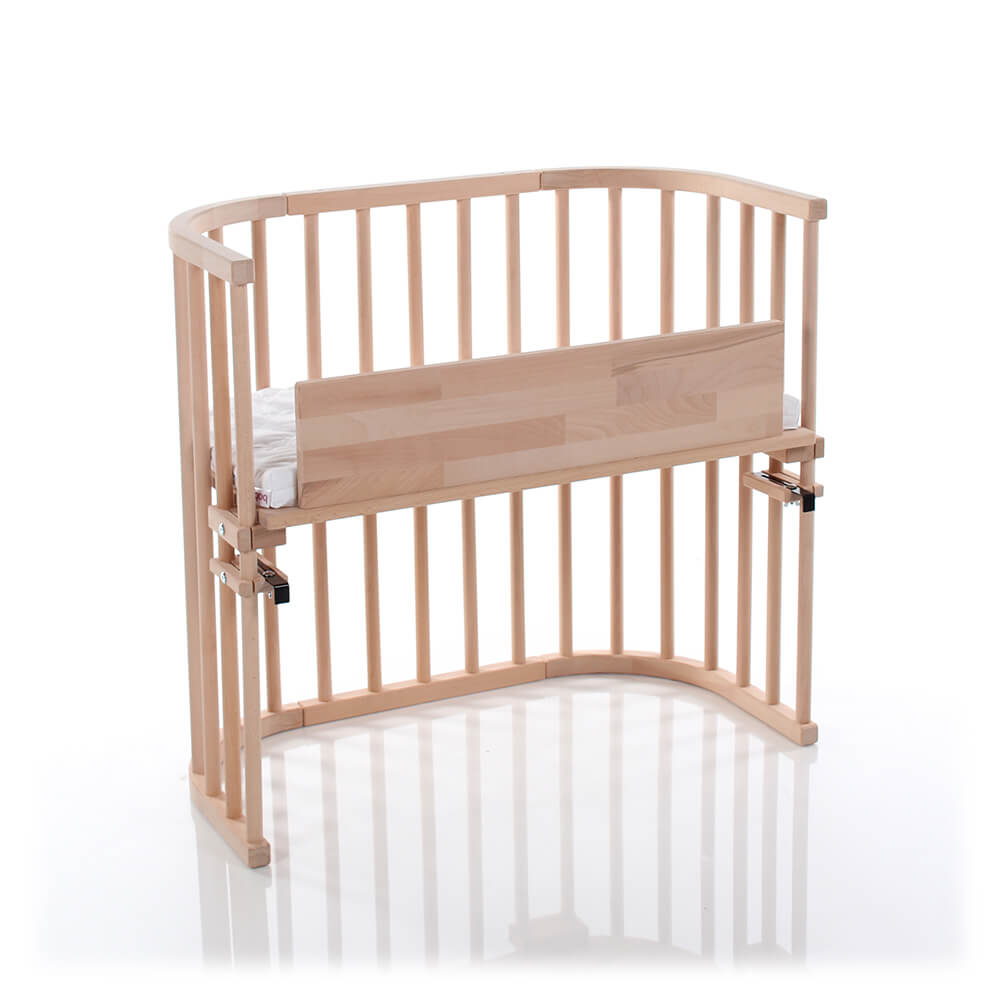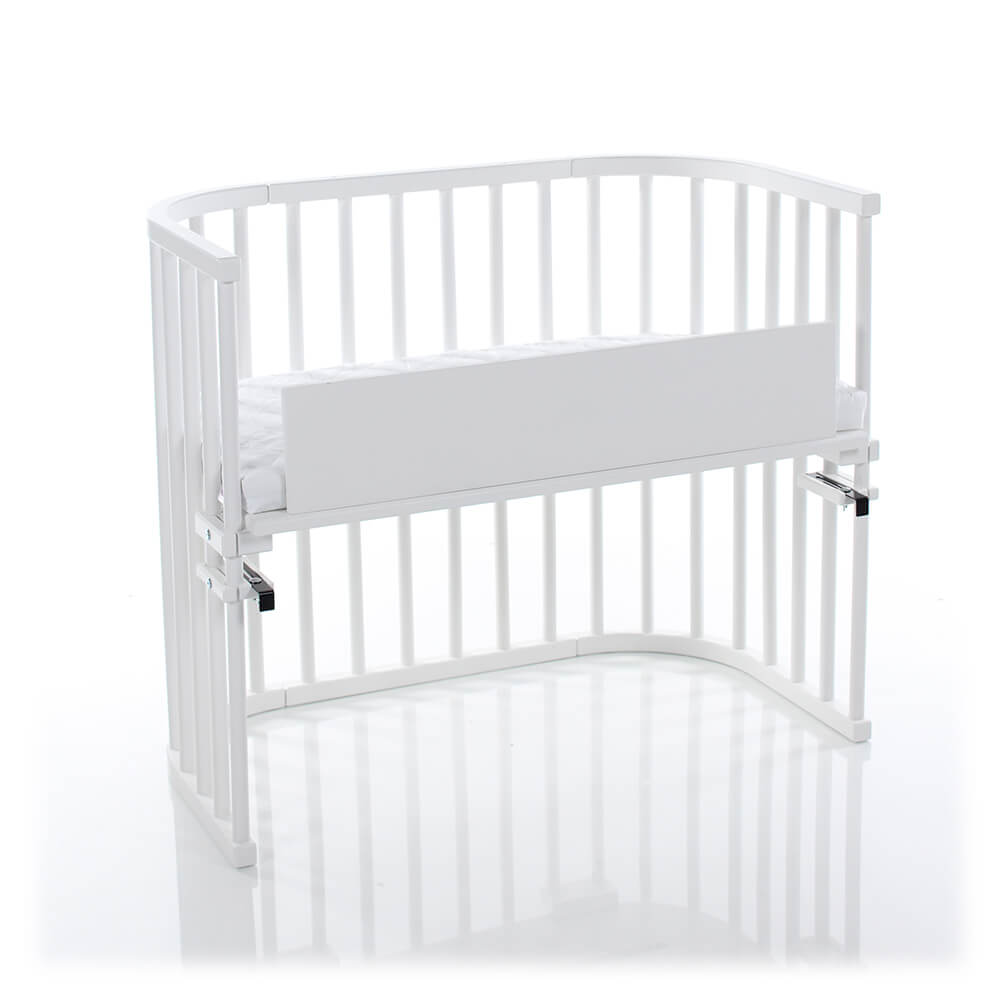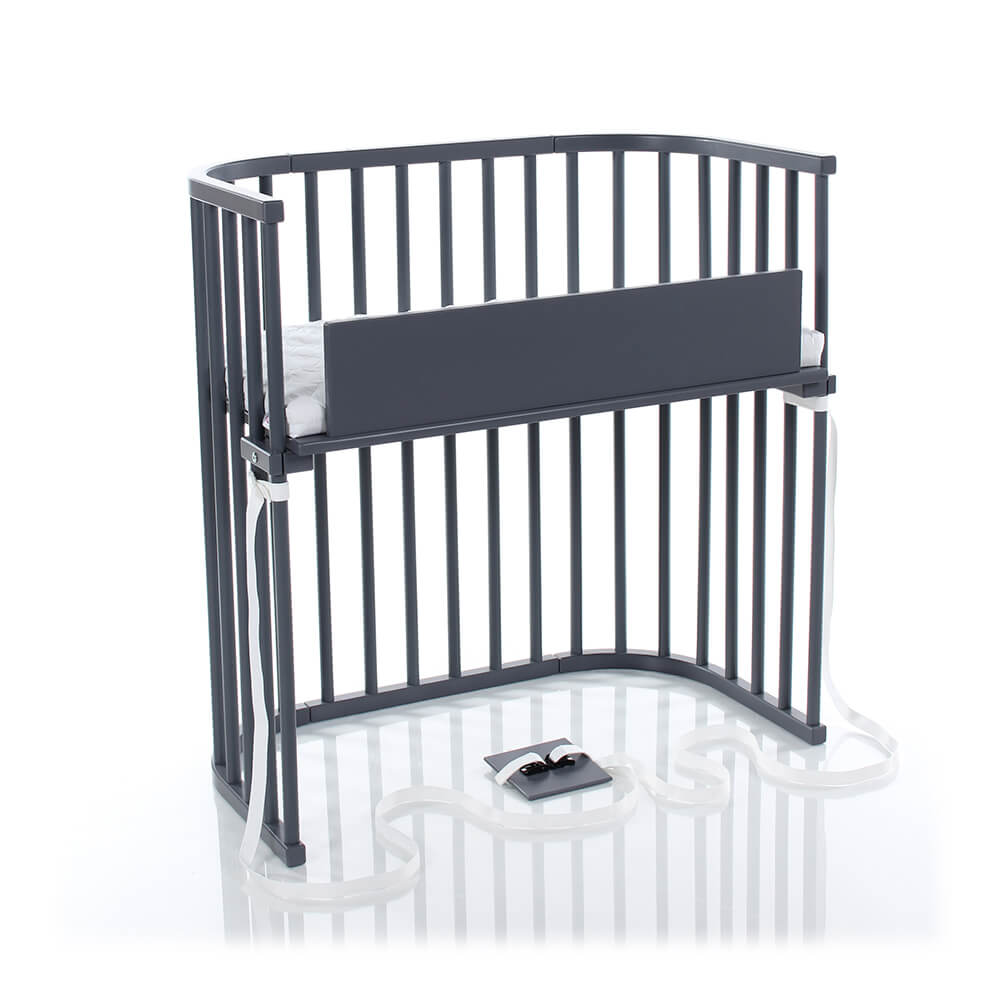If you’re experiencing the kind of pregnancy insomnia that leaves you sleep deprived during the daylight hours, just know—you’re not alone.
According to the American Pregnancy Association, over 78% of pregnant women experience insomnia during their pregnancy, most commonly throughout their first and third trimesters.
Though hormonal changes are often to blame, there are numerous reasons why you might be having a hard time getting a good night’s sleep while pregnant.
Your growing belly might affect sleep by making it hard for you to find comfortable sleep positions, or frequent trips to the bathroom might be causing you to only get a few hours of shuteye at a time.
Some women even experience vivid or anxiety-rich pregnancy dreams, the kind that keep them up at night and affect sleep quality while causing shorter sleep times.
But no matter the why behind your restless nights, the important thing is to focus on sleep quality while getting the hours of shuteye you and your baby need to stay healthy.
The Most Important Question: Can Pregnancy Insomnia Affect Baby
If you’re pregnant and wondering whether pregnancy insomnia is bad for your baby, here’s the good news: a night or two of insomnia shouldn’t make a big impact on your pregnancy.
But if you’re absolutely behind on your rest time and suffering through plenty of wide-eyed, can’t-rest nights, it can possibly lead to pregnancy complications. At least, that’s what new research has found.
So can pregnancy insomnia affect baby? The answer is yes.
But stressing out about whether your insomnia is bad for your little one isn’t the way to go.
Instead, it’s helpful to focus your energy on finding the kind of sleep aids and sleep solutions that will help you catch a few extra hours in dreamland. Turns out, getting a few hours of much-needed shuteye can positively impact your baby’s growth, making it important to get as much quality sleep as you can.
So while a few bouts of insomnia or sleepless nights shouldn’t be of much concern, if you find yourself unable to get quality sleep and rack up some multi-hour sleep times, then it might be time to try a few methods to relax, unwind, and catch some Zs.
Dealing with Pregnancy Insomnia By Setting a Bedtime Routine
Not surprisingly, you can often ease insomnia while pregnant the same way you deal with insomnia the rest of the time—by setting a relaxation-inducing bedtime routine.
That means being conscious about how you spend the hours before you lay your head down for the night.
Turn off the screens at least an hour before bed (believe it or not, screens have been known to affect your natural circadian rhythm!) to get in a relaxed state of mind.
Then consider taking a warm bath (one that isn’t too hot or too cold, but is the perfect temp for your baby), and calm your mind with a little music or reading time. Setting up a soundtrack of soothing sounds can also help you drift off to sleep and stay in a dreamland state through the night.
Dealing with Pregnancy Insomnia During the Day: Developing Healthy Habits
When it comes to dealing with pregnancy insomnia, prepping ahead might just be key.
Rather than setting up your soundtrack and getting yourself into a sleepy state of mind right before bedtime, plan your day around building the kind of healthy habits that will make it easier to fall asleep later.
Using up energy through exercise will help prime your body for nighttime, and focusing on eating healthy foods and drinking enough water will make sure you’re ready to drift into dreamland—with all your needs fully cared for—when the time comes.
How Insomnia Will Affect You After Labor and Birth
There aren’t one-size-fits-all sleep aids that will help you overcome insomnia during pregnancy. So though it may be hard for women who experience insomnia to get the full night’s sleep they need, now is the time to focus your energy on catching that quality sleep.
Though labor and birth might seem far away right now (especially if you’re experiencing pregnancy insomnia in your first trimester), your baby will be here before you know it. And as any new parent will tell you, getting sleep during those first months with your little one can be a pretty hard task.
Many parents have found that bedside co sleepers offer the kind of close nighttime connection with their little one that supports longer, more refreshing rest for both baby and parents.
So that once baby comes, you can spend less time wishing for nap time, and more time focused on making beautiful memories in your first months with your little one.










